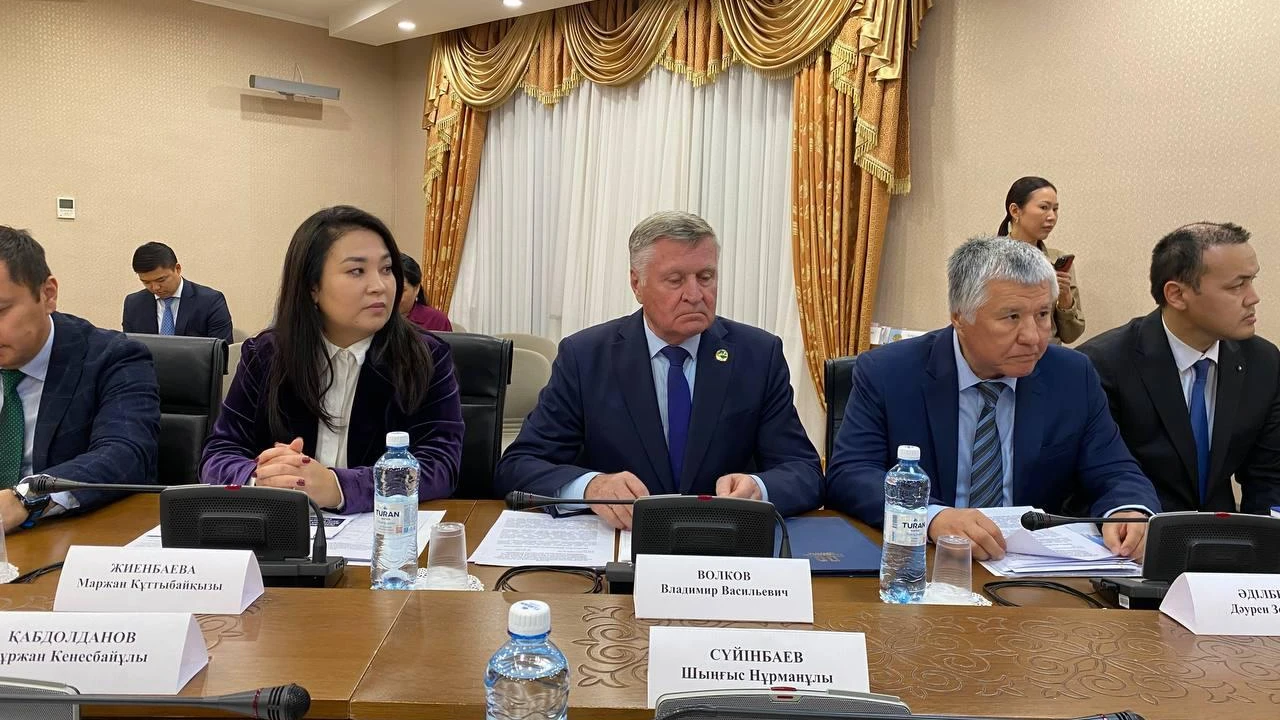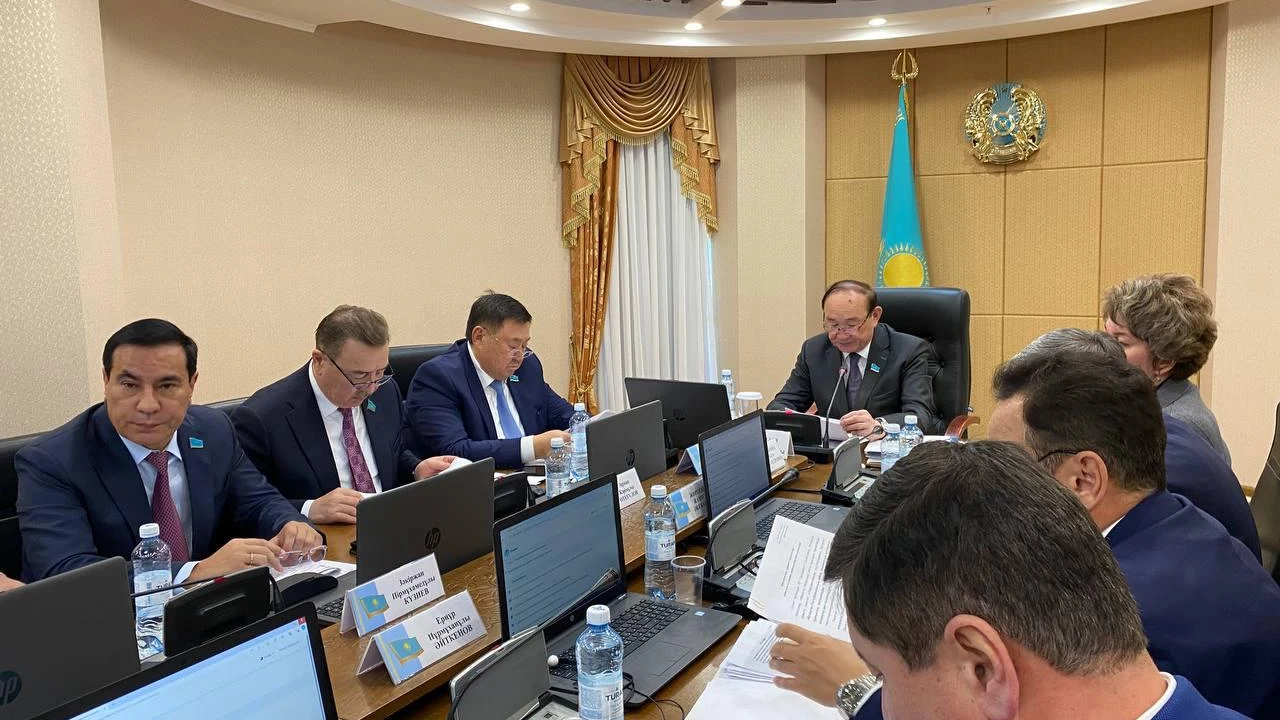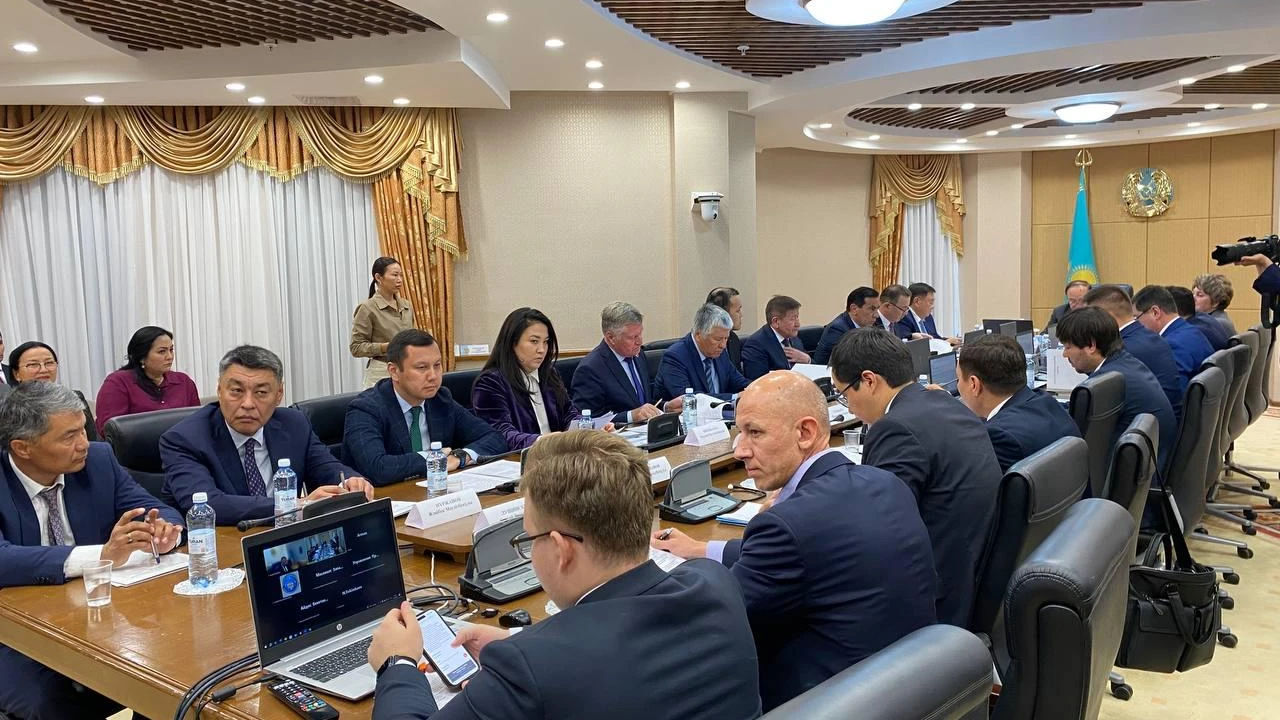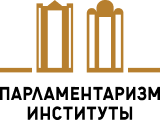


On October 3, 2024, an expanded meeting of the Committee on Agrarian Issues, Environmental Management and Rural Development on improving legislation in the field of solid waste regulation was held in the Senate of the Parliament of the Republic of Kazakhstan.
During the meeting, a presentation of the draft Law of the Republic of Kazakhstan «On amendments and additions to some legislative acts of the Republic of Kazakhstan on household waste management», developed by the Institute of Parliamentarism together with experts in this field, took place.
The working group on the development of the draft law included:
Zhan Nurbekov, expert in the field of waste management;
Sergey Lushchinsky, member of the Association of Kazakhstani Enterprises for the collection of secondary raw materials, founder and head of companies for the collection and processing of secondary raw materials Green Park LLP, TOO LS Kokshetau;
Shynbolat Baykulov, Chairman of the Board of the Kazakhstan Waste Management Association «KazWaste»;
Alima Isembayeva, Director of Government Relations at Coca Cola Almaty Bottlers, Member of the Board of the Association of Manufacturers of Soft Drinks;
Temir Shyngys, Chairman of the Board of the Association of Kazakhstani Enterprises for the collection of secondary raw materials;
Alisher Akkazenov, representative of CCI Kazakhstan;
Berik Zairov, Chairman of the Board of the Union of Independent Business of Kazakhstan, a member of the working group on reforming the Tax Code.
The draft law proposes such novelties as the maintenance of mandatory separate collection of hazardous components of municipal waste, the establishment of separate tariffs for the collection and transportation of various types of waste, the introduction of mandatory annual indexation of tariffs, transparency and mandatory reporting of ROP operators, expanding opportunities for alternative systems for fulfilling obligations under ROP, clarifying the list of waste not subject to energy utilization, the introduction of mandatory reporting of ROP operators, adjustment of the competence of the authorized body.
As emphasized during the presentation, these innovations will contribute to improving the environmental situation in our country and ensure the harmonization of national standards with international requirements.



